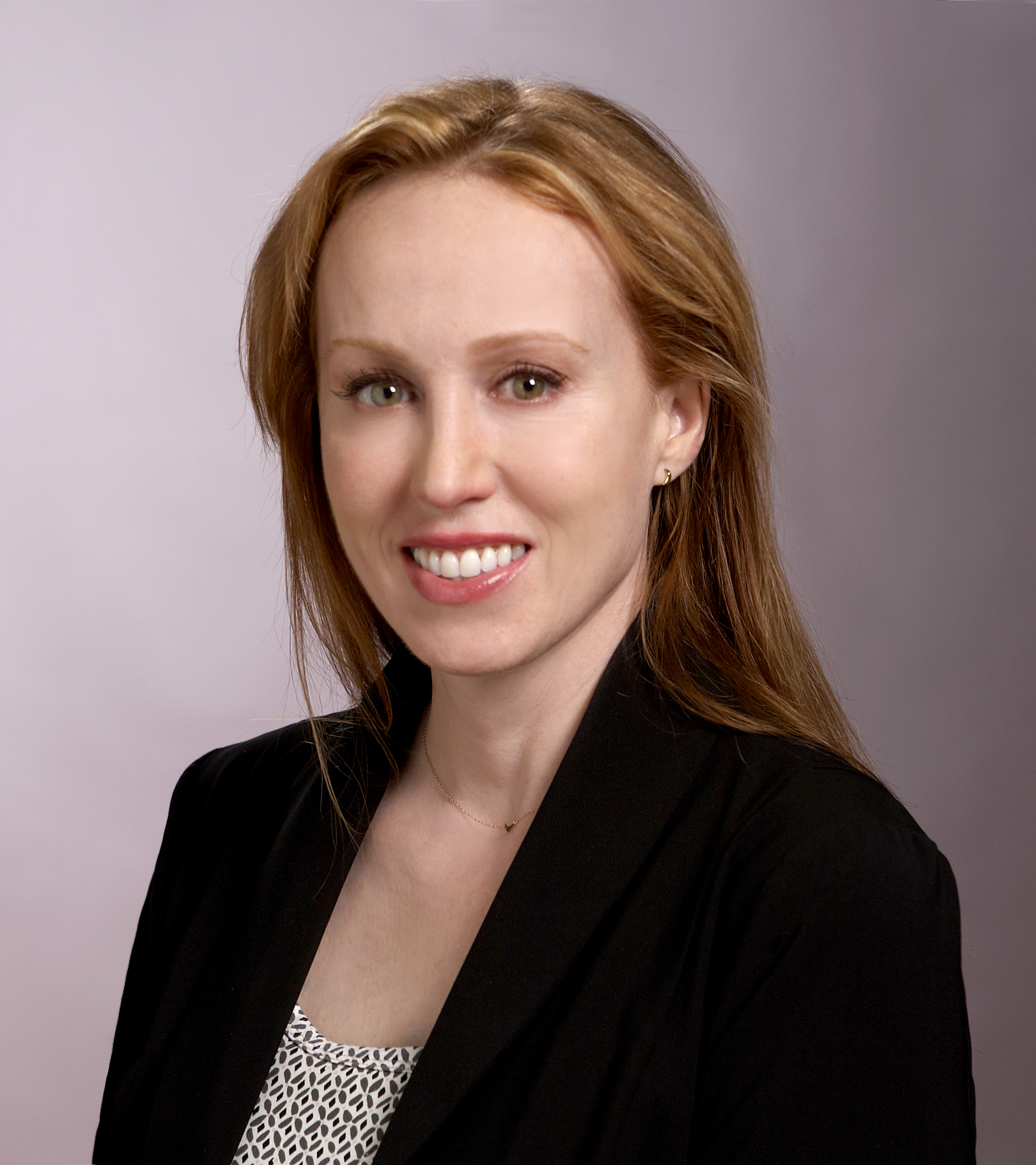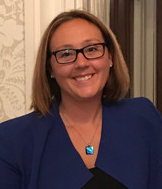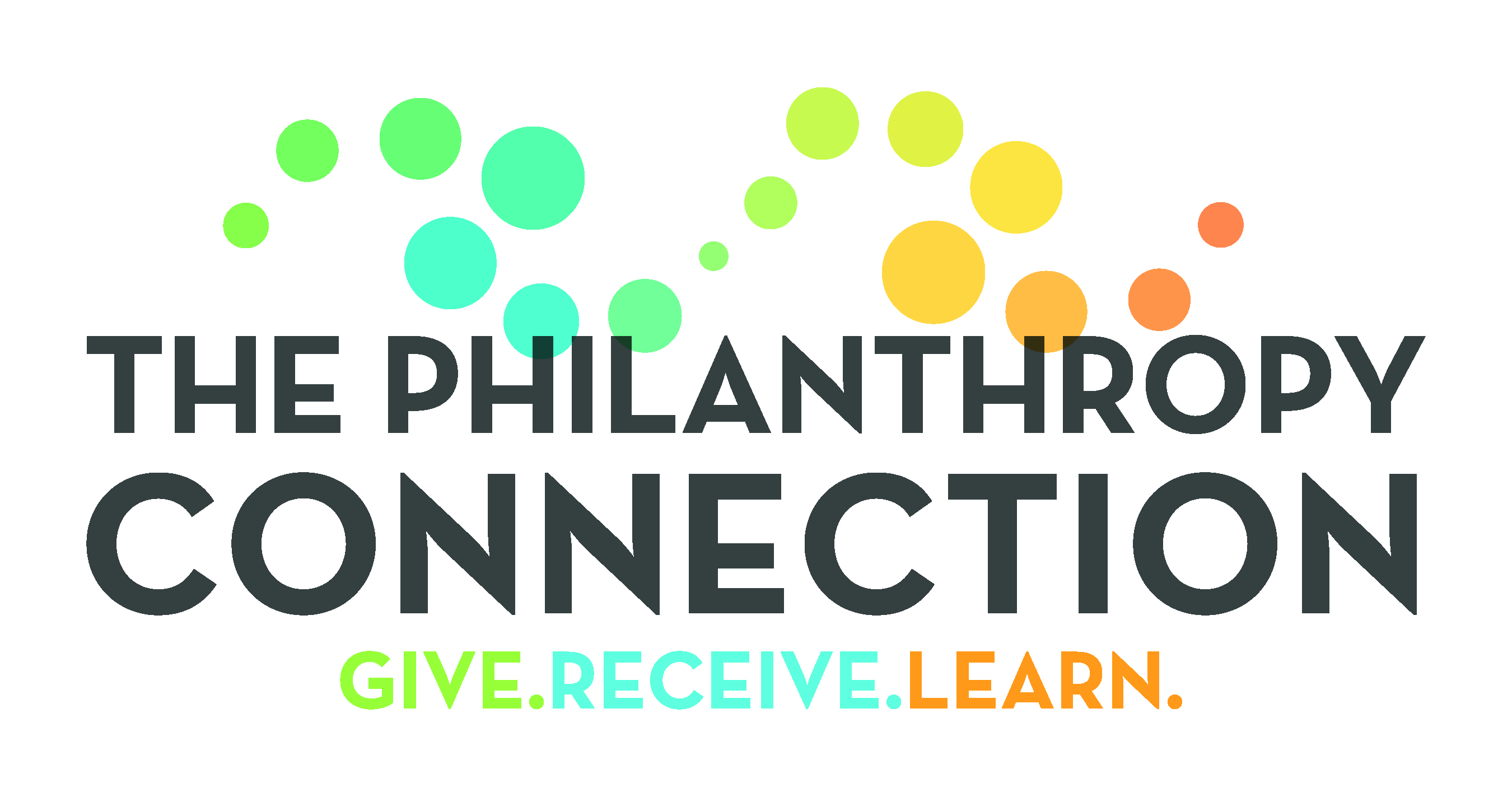The Interview with Leah Kelly and Robyn Eastwood


Leah Kelly (left) and Robyn Eastwood (right)
Please describe ACS in your own words.
ACS operates the juvenile court clinics for Middlesex County, providing comprehensive and emergency diagnostic evaluations for court-involved children and their families. In addition, ACS offers individual and group treatment at no cost to families, as well as education and advocacy services throughout the course of our involvement.
What do you hope to see ACS accomplish over the next few years?
ACS recently completed a SWOT analysis – this was ideal timing after having navigated a significant transition in leadership, with Leah coming into her role as Executive Director following the retirement of the organization’s founder. The SWOT analysis has assisted in accelerating the process to develop a new strategic plan. In addition, there are new resources from the state legislature, with a substantial increase in state dollars for juvenile court clinics. In the juvenile system, the demand has consistently far exceeded existing resources, with most court clinics maintaining substantial waiting lists for evaluations. This increased funding will enable the expansion of our resources and staffing for juvenile programs. Having two new staff for Middlesex County will have a meaningful impact on our ability to be more responsive to the needs of the Court and to court-involved kids and families. It’s exciting to be able to think about how to do what we do even better.
Are there any misconceptions about your work or the population of young people you serve that you’d like to clear up?
We, as adults, are very good at using language – but, the language of teenagers is behavior. Their behavior can be irritating and frustrating – and we may not look beyond the behavior. This is a critical failure. If you think about 8th grade, this is typically a difficult time for even the average child. The kids ACS works with are not average: they are not well-adjusted. If we get too focused on their behavior rather than trying to understand the meaning of the behavior, we have failed them; that’s when our window of opportunity passes by. We need to give kids the benefit of the doubt – their behavior has a meaning and a purpose, and we should not assume we know what that is.
Tell us about how you’re going to use TPC’s grant.
Historically, ACS has offered treatment groups to adolescents at no cost. This is a unique offering of ACS in Middlesex County. In the past, we’ve not had the resources to dedicate to thinking creatively about how to evolve and restructure our treatment program to meet the changing needs of our population. We’ve long thought about how a drop-in group could make our treatment program more relevant, accessible, and impactful to our population. Adolescents are notoriously difficult to engage and court-involved youth provide an entirely new level of challenges. They are struggling – they are not happy to be here. Because we work in an outpatient setting, they are not a captive audience. They have to show up of their or their families’ own volition. In the past, our primary model has been a closed group – once a group starts, new participants are not accepted until the next cycle, which could be at least a 10-week wait. There are specific clinical reasons for why we had maintained a closed group model, but the problem has been that this population is in crisis, so timing is critical. In meeting with key stakeholders serving this population (District Attorneys, probation supervisors), it became clear that they were really in need of an immediate intervention option and that waiting several weeks was not  helpful. TPC’s grant will allow us to pilot this new drop-in group model. Once a referral comes in from the Court, ACS pre-screens the adolescent to determine if he or she is an appropriate fit with an outpatient group. If so, the adolescent can begin the very next session. If not, we will refer him or her to a more appropriate provider. We have a good group of pre-screened, group-appropriate teens and we’re about to start the first cycle. We’re planning lots of fun and creative activities, all thanks to the funding from TPC. With this population, you really need to think outside the box. Once we get these teens to show up, we can engage them and we can often hold on to them. We’re not entirely sure how this will work, but the grant from TPC has allowed us to creatively explore a new way to meet the needs of these kids – we could not have afforded to do something like this in the past.
helpful. TPC’s grant will allow us to pilot this new drop-in group model. Once a referral comes in from the Court, ACS pre-screens the adolescent to determine if he or she is an appropriate fit with an outpatient group. If so, the adolescent can begin the very next session. If not, we will refer him or her to a more appropriate provider. We have a good group of pre-screened, group-appropriate teens and we’re about to start the first cycle. We’re planning lots of fun and creative activities, all thanks to the funding from TPC. With this population, you really need to think outside the box. Once we get these teens to show up, we can engage them and we can often hold on to them. We’re not entirely sure how this will work, but the grant from TPC has allowed us to creatively explore a new way to meet the needs of these kids – we could not have afforded to do something like this in the past.
What do you hope to gain with your relationship with TPC? Are there other ways TPC members could help you?
As we previously mentioned, this drop-in group is a pilot initiative. We don’t know precisely how it will roll out – it could be an ideal resource, a step out of the court system, what we want for all of these kids. We are looking forward to working with TPC as we roll out this pilot – collaborating on what we need and could try to do better. We are excited to have an ongoing, organic partnership with TPC and its members.
Working with TPC is like Christmas! We’ve created an Amazon Wish List of specific items we need for this drop-in group. Getting new and creative supplies for hands-on activities is a small way we know we can engage kids and make the space safe. In addition, we’re looking for BJ’s or Costco gift cards of any value and Dunkin’ gift cards of $5, which will be used as incentives for group participants. We also have an upcoming Paint for a Cause fundraiser at MUSE Paintbar in Assembly Row on Tuesday, November 27 (Giving Tuesday!) at 6:30pm. Details can be found here and via this Facebook event page. We will be hosting a book launch for Kids and the Law: A User’s Guide to the Juvenile Court, Fourth Edition on Tuesday, December 4 at 5:30 pm at Henrietta’s Table at the Charles Hotel. Please join co-authors, Rebecca Pries and Carol Rosensweig, to celebrate the release of this highly anticipated 4th edition! Enjoy complimentary cocktails and hors d’oeuvres as Rebecca and Carol share their insight on the development of this indispensable resource. Kindly RSVP to Robyn Eastwood at robyn.eastwood@acskids.org or 617.494.0135.

